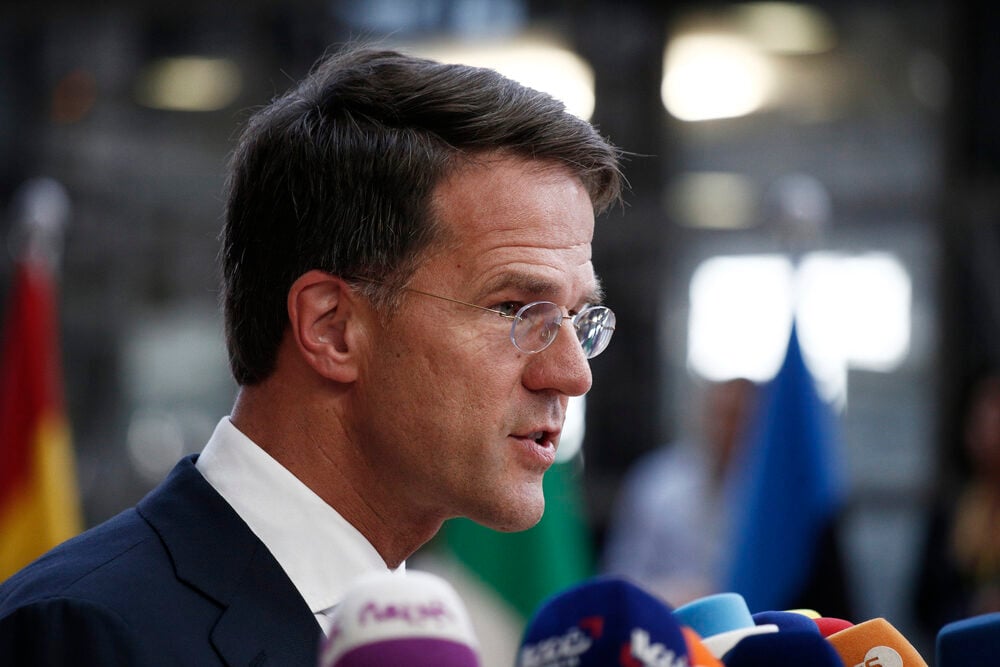Prime Minister Mark Rutte has made a speech at the National Archives in The Hague about the role the Netherlands played in slavery. Here’s a breakdown of what was said…
For the first time ever, the Dutch cabinet acknowledged the Netherlands’ involvement in the slave trade as a “crime against humanity” and something that has caused “great suffering that continues to affect the lives of people here and now.”
Rutte apologised to the individual countries that bore the violence of the Dutch transatlantic slave trade and fueled the Dutch ‘Golden Age.’
“For centuries, the Dutch State has enabled, encouraged and profited from slavery. For centuries people have been commodified, exploited and traded in the name of the Dutch State.”
A debated date
July 1 2023, marks the 160-year celebration of the abolition of slavery, so why is the cabinet apologising today?
READ MORE | The life of the slaves in the Dutch colonies.
It’s a topic of debate that everyone is scratching their heads at.
On November 3, the Dutch government arranged the current date to make a formal apology for the Netherlands’ involvement in slavery.
Many believe that the decision to apologise today is ill-prepared, rushed, and that the King should make an apology instead of the Prime Minister.
However, speaking today, Rutte explained the cabinet’s justification for delivering the speech now. “After long conversations and discussions internally, we concluded that it was best to do it before the start of the important year of 2023.”
READ MORE | Dutch slavery: our dark past.
Others would disagree, “we do not want to say that December 19 is too early, because the apologies are already too late,” Johan Roozer of the National Commemoration of Slavery Past Suriname tells RTL Nieuws.
In spite of this, many organisations have expressed the need to discuss the content, tone, and value of the apology, which they feel they have not had enough time to do.
An empty gesture or the beginning of healing?
Various parties aren’t confident that the apology will solve all differences between organisations and the cabinet.
“The way the apology has gone has diminished the credibility that something happens after the apology,” Roozer tells RTL Nieuws before today’s speech.
Rutte acknowledges that attempts to do justice for injustice will always raise eyebrows and agrees that all efforts could’ve been better — but said that shouldn’t be a reason to do nothing.
“The healing process must now begin, and we will write the programme for this together,” he says. “We cannot erase the past, only face it.”
What are your thoughts on the Netherlands’ apology? Tell us in the comments below.



